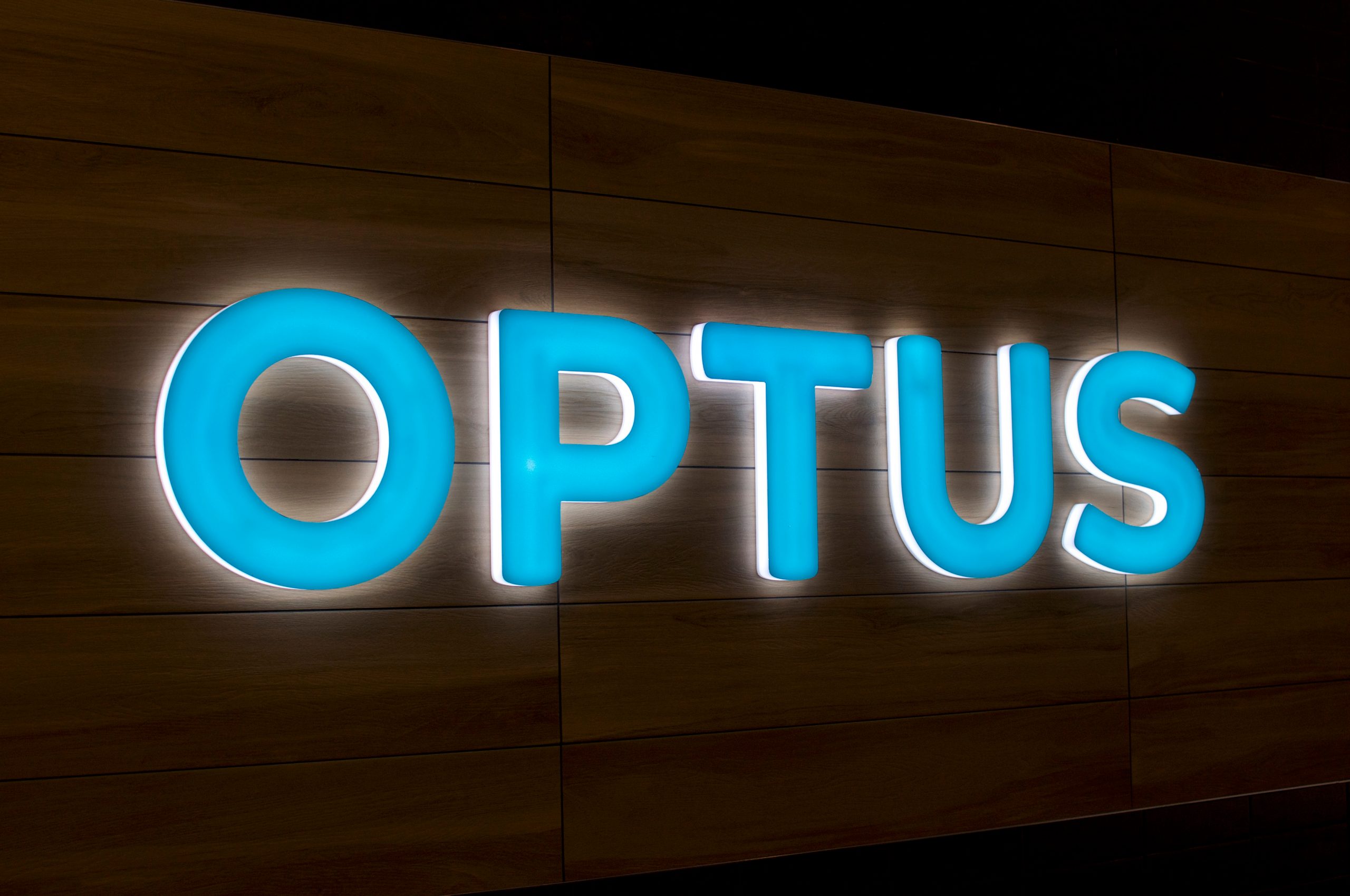According to the hackers, 10,000 records will be released each day over the next four days as they’ve given Optus until Friday to pay the money.
It’s believed that up to 9.8 million customers are in danger of having their data leaked with vital information such as their licence and passport potentially at risk on the dark web.
Someone is claiming to have the stolen Optus account data for 11.2 million users. They want $1 million in the Monero cryptocurrency from Optus to not sell the data to other people. Otherwise, they say they will sell it in parcels. #optus #auspol #infosec #OptusHack pic.twitter.com/1eCINue2oZ
— Jeremy Kirk (@Jeremy_Kirk) September 23, 2022
Among the situation, Optus has offered some customers a free 12-month subscription to a platform known as Equifax Protect.
“[It’s] is a credit monitoring and identity protection service that can help reduce the risk of identity theft,” said Optus.
According to the telco, the most affected customers will hear directly from Optus in the coming days as to how they can start the subscription but are warning people about phishing scams.
Optus said that any communication from them in regards to Equifax Protection will not include a message with a link.
“[It] tries to use drive-by and explicit download techniques to install executable files – this appears to be an attempt to capitalise on the publicity from the hack to setup a future hack.”
Home Affairs Minister Clare O’Neil said that the Australian government has got many people working to fix the situation.
“For the Australian government more broadly, our focus now is doing whatever we can to help protect Australians who are affected by this breach.
“This is a very large multi-agency effort which has seen hundreds of public servants work through recent public holidays, through the night and straight through the weekend, and the Albanese government thanks them for their efforts.”
The identity and location of the hackers are still unknown.






